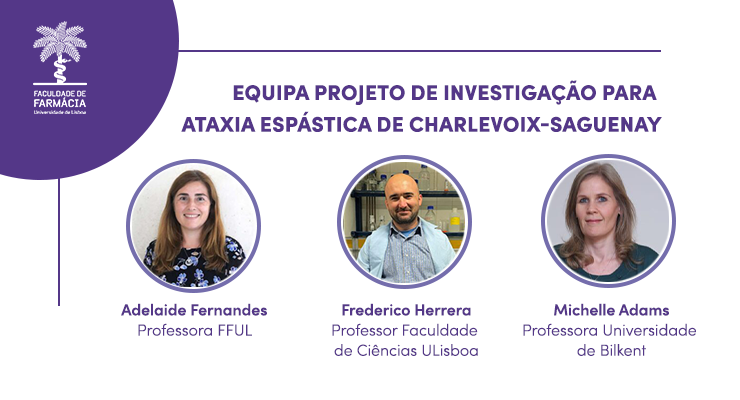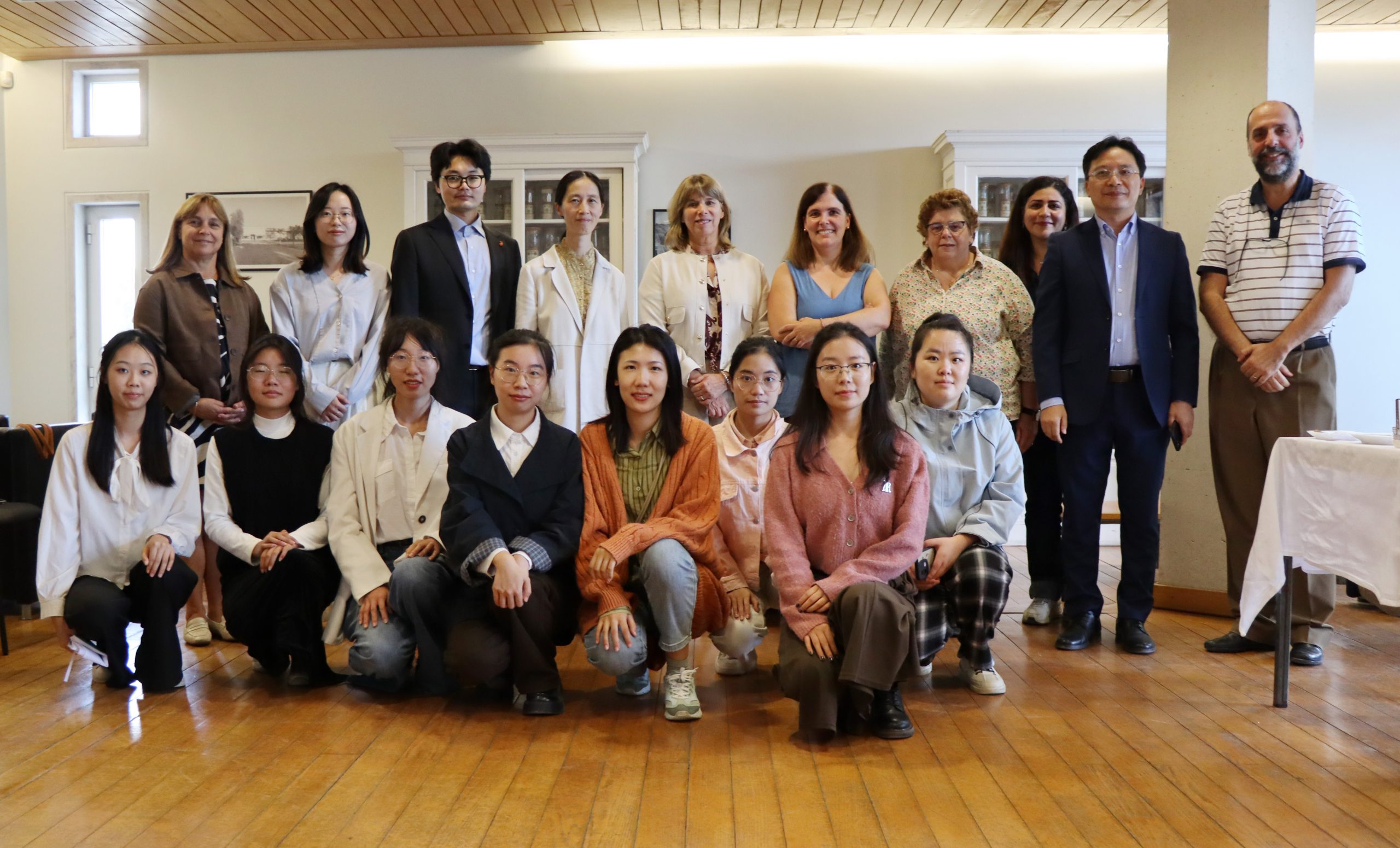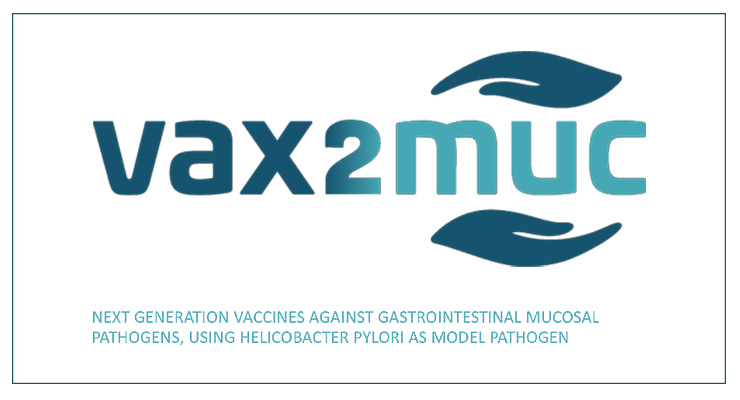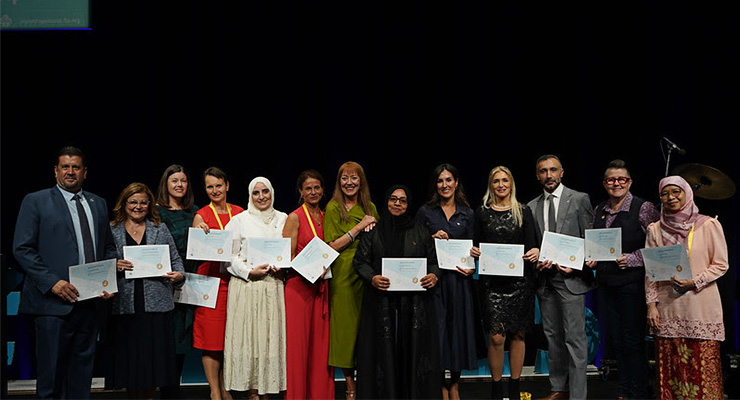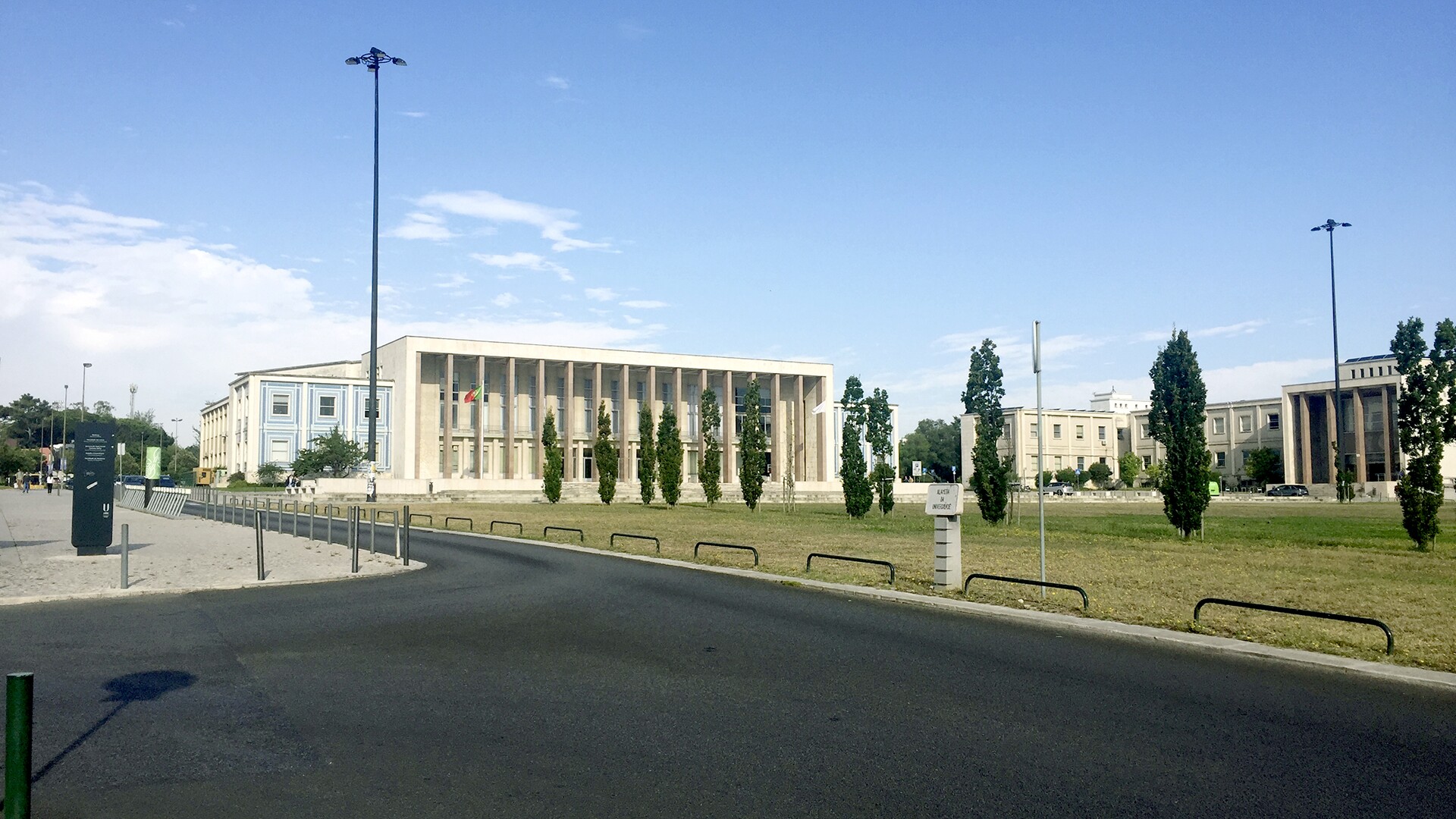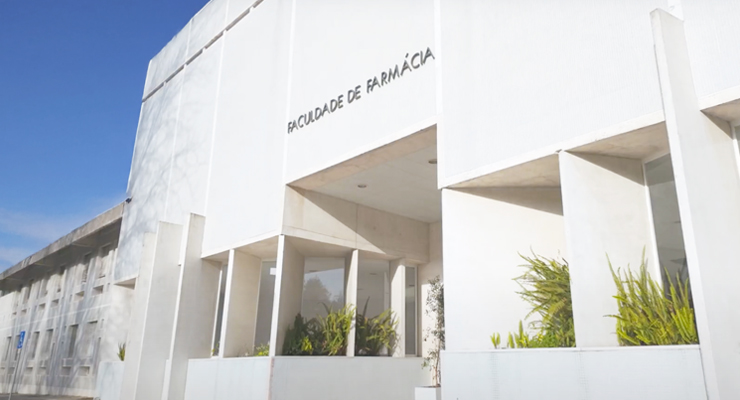A new path on the therapeutics for Autosomal Recessive Spastic Ataxia of Charlevoix-Saguenay (ARSACS) may become a reality. A project of Adelaide Fernandes (Faculty of Pharmacy of Universidade de Lisboa), Frederico Herrera (Faculty of Siences of Universidade de Lisboa) and Michelle Adams (Bilkent University, Turkey) just won a grant from Ataxia Charlevoix-Saguenay Foundation.
ARSACS is a rare debilitating and hereditary progressive childhood neurological disorder, due to a mutation in Sacsin protein that affects the spinal cord and the peripheral nerves. Generally, symptoms appear between the ages of 2 and 5 years old, when a child’s motor skills become affected. These symptoms progress during adolescence and adulthood to more marked symptoms like stiffness in the legs, leading to increased difficulty in walking that evolve to the use of a wheelchair.
This support granted by ARSACS Foundation is extremely important so that there is no therapeutics yet for this disease. The goal is to develop studies to assess the response of different cells of the nervous system, besides brain cells, to understand ARSACAS and discover new possible treatments to improve the life quality of the patients.

